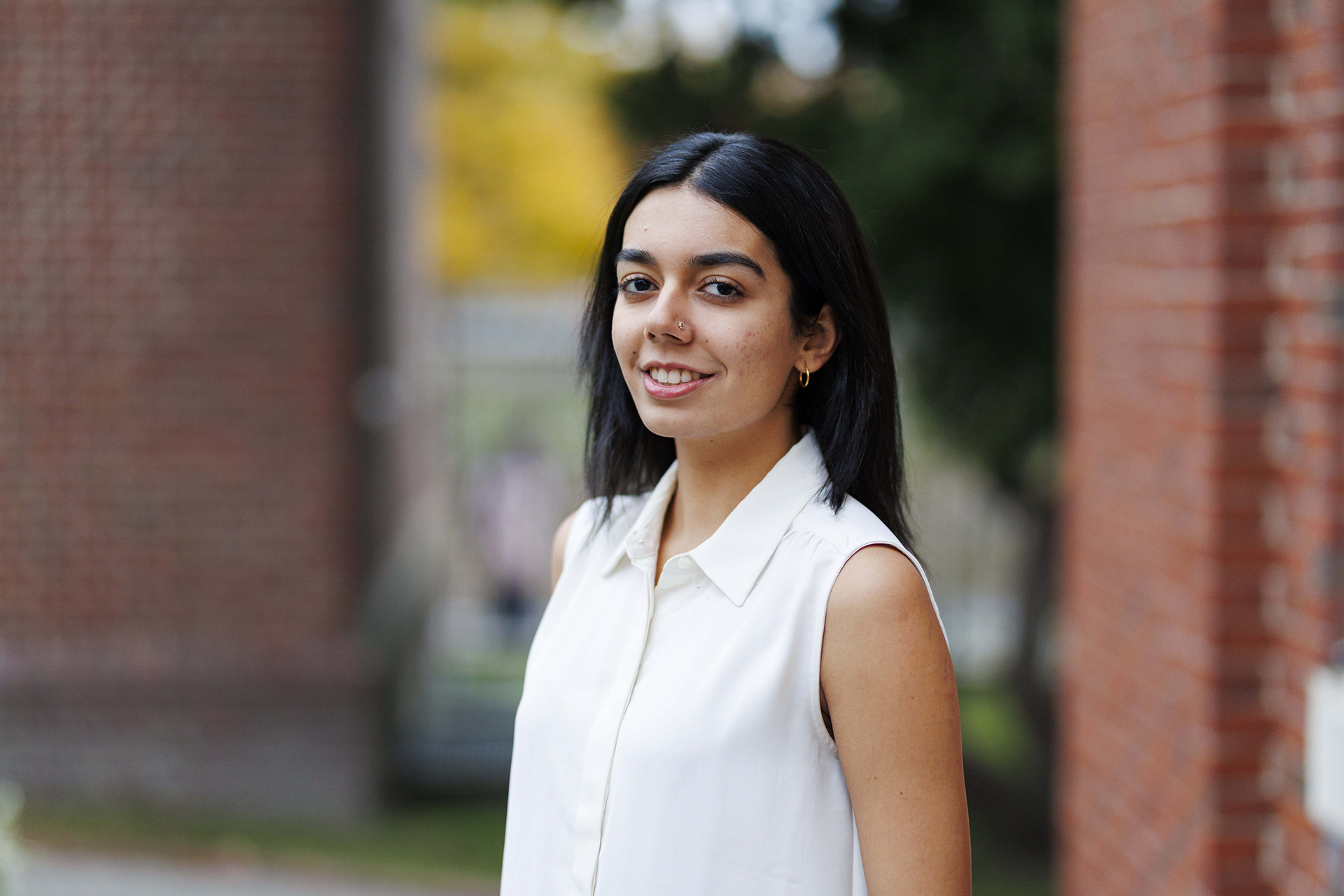
"Fajr Khan has learned the value of small things - giving somebody a meal, providing a safe place to sleep, or being fully engaged during a conversation with a lonely person. Most her volunteer work with homeless people has been done quietly. But now the senior is trying to grasp a very different experience that is not so anonymous: winning a Rhodes Scholarship. "It still hasn't really settled in," Khan said with a laugh. "It just feels very not real. There's like this level of disbelief. But it's very cool and exciting.""
"Khan was chosen as one of two Rhodes Scholars representing Pakistan. She will spend two years at Oxford University, where she hopes to complete a master's degree in clinical neuroscience, psychology, or psychiatry. Afterward, she hopes to pursue a Ph.D. in clinical psychology and a career that combines research and working with patients. "There's a lot of stigma around mental health and a lot of misconceptions," she said. "A lot of people consider it a rich man's disease, but the data shows that people in vulnerable situations in poverty are some of the people with the most debilitating conditions and the ones who need mental health care. The fact that this Rhodes committee from Pakistan showed this commitment to taking mental health seriously is absolutely amazing - and very encouraging.""
""I think the biggest way that you can make an immediate, direct impact is through human connection, with human empathy.""
Fajr Khan learned the value of small acts like providing meals, shelter, and attentive conversation while volunteering with homeless people. Khan was chosen as one of two Rhodes Scholars representing Pakistan and will spend two years at Oxford pursuing a master's degree in clinical neuroscience, psychology, or psychiatry. Afterward she plans to pursue a Ph.D. in clinical psychology and a career combining research and patient care. Khan emphasizes that mental-health stigma persists and that poverty often correlates with severe conditions requiring care. She values human connection and empathy as immediate ways to impact mental-health outcomes. Khan was born in Pakistan and grew up in the Netherlands, attending international schools and speaking English, Urdu, and Dutch.
Read at Harvard Gazette
Unable to calculate read time
Collection
[
|
...
]